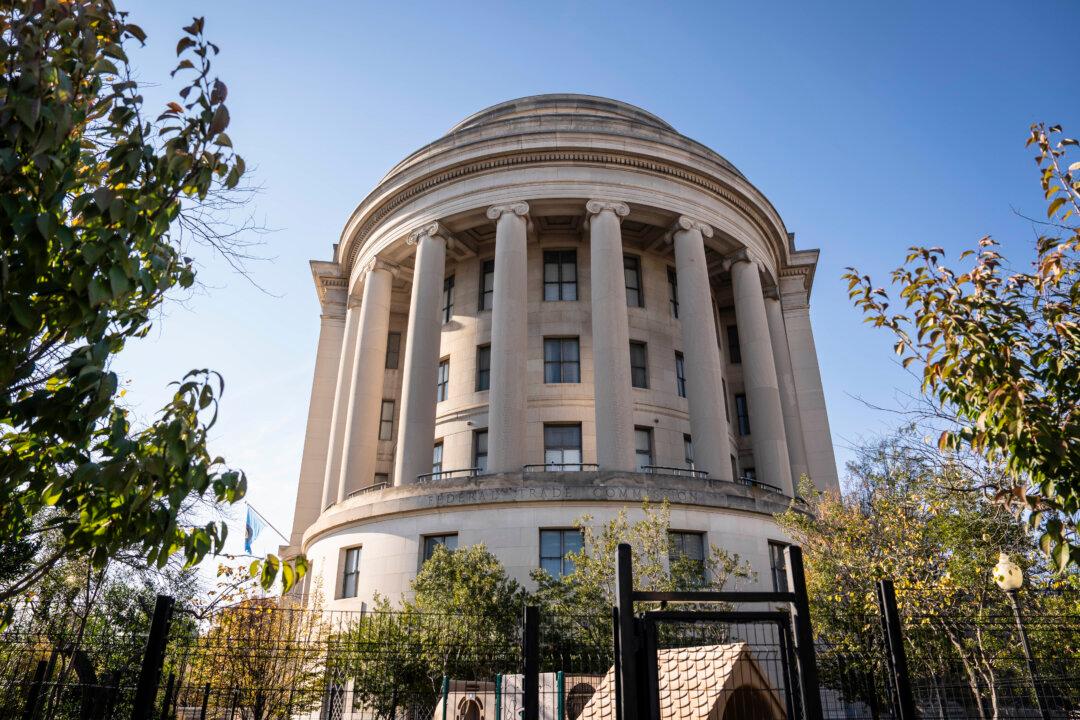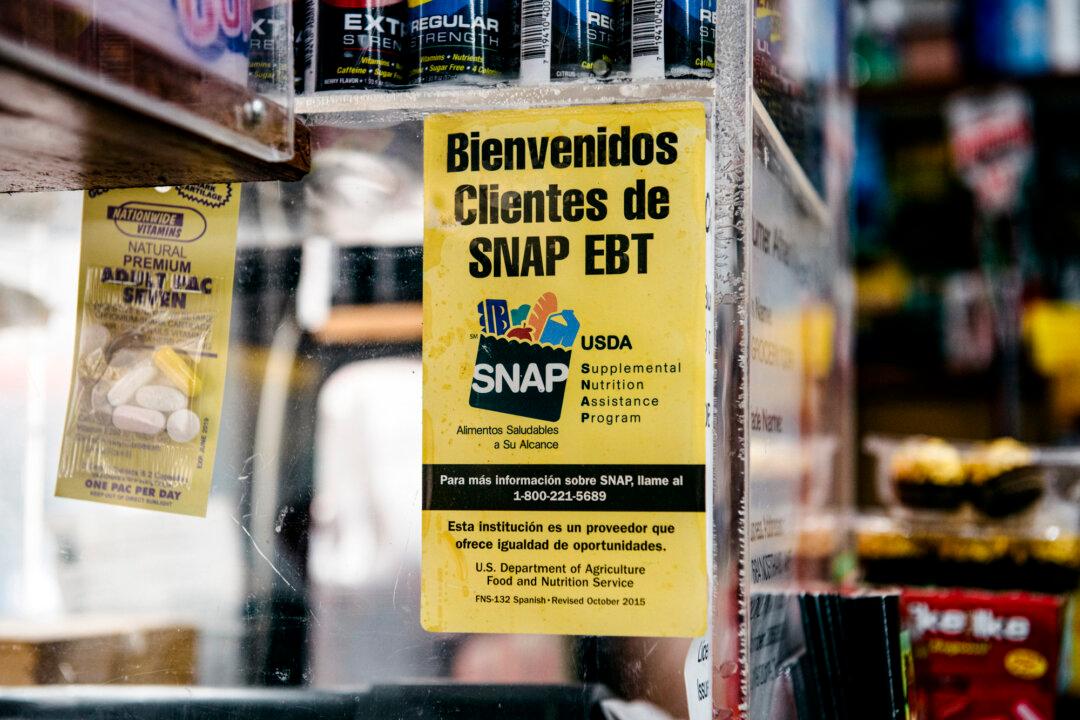Despite this, Walmart “continued processing fraud-induced money transfers at its stores—funding telemarketing and other scams—without adopting policies and practices that effectively detect and prevent these transfers,” the complaint stated. “In some cases, Walmart’s practices have even made it easier for fraudsters to collect fraud-induced money transfers at a Walmart store.
“For years, it was Walmart’s policy or practice not to deny payouts to suspected fraudsters at its stores, but instead to have its employees complete those transactions. Even after it became illegal in June 2016 for cash-to-cash money transfers to be used to pay for telemarketing transactions, Walmart failed to take appropriate steps to prevent those types of transfers at its locations.”
According to the FTC statement, Walmart did not implement effective anti-fraud policies, failed to warn customers about potential money transfer scams, and did not train employees adequately on these matters.
The scammers stole hundreds of millions of dollars from victims between 2013 and 2018, according to the agency.
It has been almost three years since the lawsuit was filed. Walmart has now decided to settle the case. In addition to the $10 million fine, the settlement agreement prohibits the company from providing money transfer services without taking necessary steps to detect and prevent fraud.
Walmart cannot send or pay out any money transfer “that it knows, or consciously avoids knowing, is a fraud-induced money transfer,” the FTC stated.
Walmart Blames Fraudsters
In a June 2022 statement, after the FTC lawsuit was filed, Walmart said the complaint was “unfounded.”At the time, the company said it had a “robust anti-fraud program” to prevent criminals from using its money transfer services for fraud. Walmart argued that it had stopped “hundreds of thousands of suspicious transactions totaling hundreds of millions of dollars.”
“Despite Walmart’s anti-fraud programs, the FTC is trying to blame the Company for actions by third parties.”
Other Legal Challenges
The FTC lawsuit is one among the many complaints that Walmart has faced over the past year.Plaintiffs argued that the action violated the Video Privacy Protection Act, a law protecting people’s video rental and purchase histories.
Regarding the lawsuit, Walmart told The Epoch Times in an emailed statement, “We take the privacy and security of our customers seriously and will review the Complaint and respond in Court as appropriate.”
The complaint was related to Walmart’s Spark Driver Program. It accused the retailer of opening deposit accounts for drivers in the program through Branch without their knowledge or explicit permission. The bureau said these actions led to drivers incurring millions of dollars in junk fees.
In an emailed statement to The Epoch Times from a Branch spokesperson, the company defended its practices.
“Branch strongly disagrees with the lawsuit filed today by the CFPB, which misstates the law and facts, and includes intentional omissions to mask the Bureau’s clear overreach,” the spokesperson said in the statement.
“Branch has provided Walmart and their driver partners valuable services allowing quick and easy access to funds via their business accounts—a key fact the Bureau’s press release omits. Despite the company’s extensive cooperation with its investigation, the CFPB refused to engage with Branch in any meaningful way about this matter, instead rushing to file a lawsuit.”







